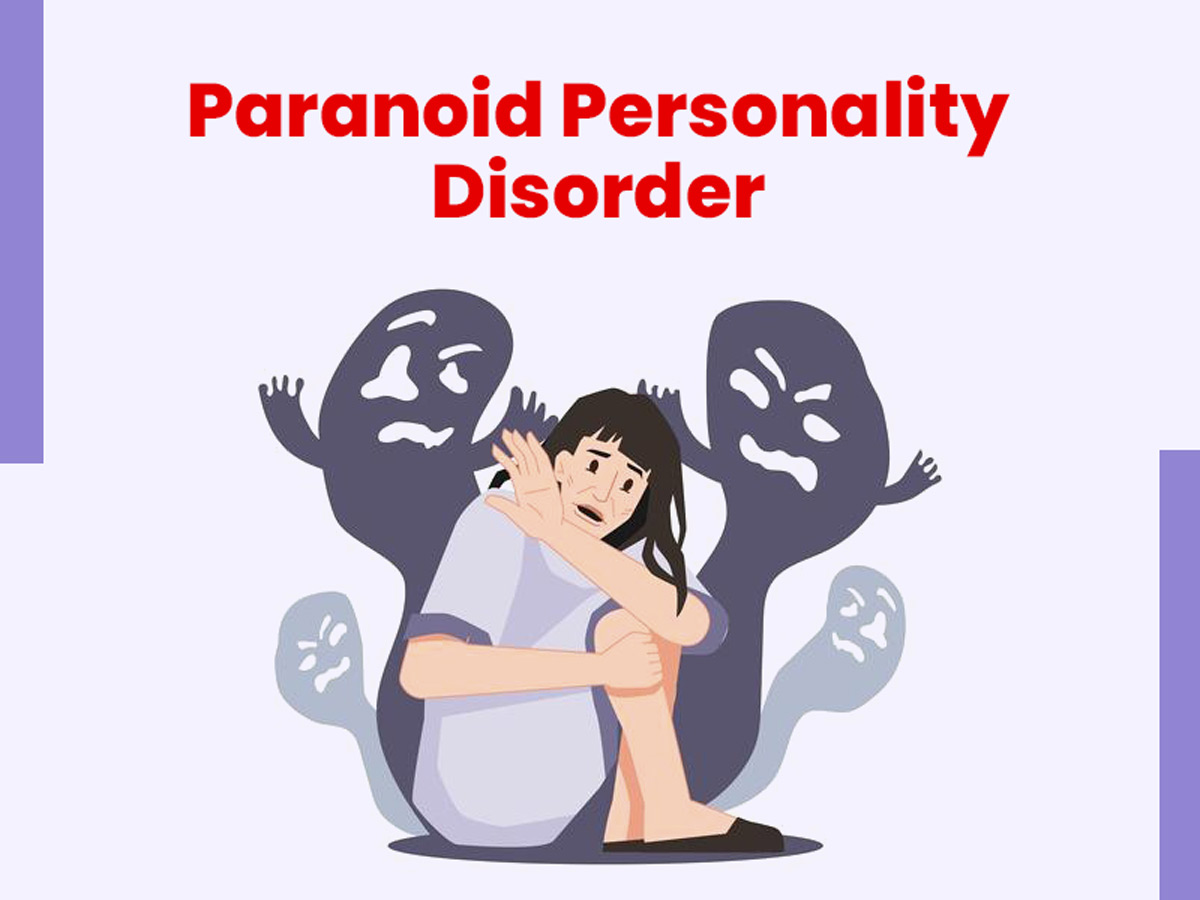These are 2 Effective Ways to Overcome Paranoid Personality Disorder

Paranoid personality disorder is a mental health problem characterized by a strong suspicion that it interferes with daily thinking and behavior. People with this mental health problem may be very wary of others, and are always on the lookout for signs someone is trying to threaten, abuse, or deceive them.
It’s no wonder that people with paranoid personality disorder usually have difficulty establishing and maintaining close relationships with other people. In fact, the disorder can also affect the sufferer’s ability to function properly at home, at work or school.
However, symptoms of paranoid personality can be managed and medication can often help people with many situations that make them feel stressed and afraid. Come on, find out what are the effective ways to deal with paranoid personality disorder here.
How to Overcome Paranoid Personality Disorder
Treatment for paranoid personality disorder usually consists of psychotherapy and medication. Although the symptoms of suspicion and social withdrawal can not be cured, but effective treatment to reduce the paranoid thoughts and improve the quality of the sufferer in general.
Here are some ways to deal with paranoid personality disorder:
1. Psychotherapy
Psychotherapy is the first line of treatment for paranoid personality disorder. The goal is to identify the sufferer’s negative thought patterns, and help the sufferer to distinguish real versus perceived threats. That way, the sufferer’s anxiety can be reduced.
People with this disorder need to see a therapist for psychotherapy. A therapist is trained and experienced in mental health, and can guide sufferers to improve their quality of life. Since paranoid personality disorder is incurable, people with it may need to take this medication indefinitely. However, the frequency of therapy visits may depend on many factors, including the intensity of symptoms and the progression of the patient.
Here are some of the most effective types of psychotherapy for psychotherapy disorders:
Cognitive behavioral therapy
Cognitive behavioral therapy is a talk therapy that can help people change negative or harmful thought patterns. This can help the sufferer develop trust in others. It can also improve the sufferer’s ability to regulate emotions and increase social interaction. A 2018 case study showed cognitive behavioral therapy to be effective for treating paranoid personality disorder.
Psychodynamic therapy
Psychodynamic therapy focuses on a concept called the “locus of control”. There are two of them: internal and external.
When you have an internal locus of control, you believe that you control the outcome of any situation that arises. If you have an external locus of control, you may believe that how you feel or what happens to you depends entirely on external factors such as fate, luck, or what other people do.
Most people have a combination of internal and external locus of control. This therapy helps the sufferer switch to an internal locus of control when he begins to feel anxious. Psychodynamic therapy can help sufferers feel more in control of their own safety, so they are less worried about trusting others.
Reality test
Reality testing is the process of examining the difference between what the sufferer believes or feels with reality. Therapy can help sufferers to assess their thoughts, examine evidence to support them, and consider alternatives if they are not appropriate. The goal of reality test therapy is to help the sufferer explore the reasons for a person’s behavior.
For example, if your partner doesn’t tell you where he’s going, you immediately think he’s lying to you. In fact, your partner could be preparing a surprise party for you.
2. Medicines
Actually there is no specific drug to treat paranoid personality disorder. However, if you suspect you have symptoms of another condition, a mental health professional may suggest medication to help manage it.
For example, if you have paranoid personality disorder as well as symptoms of anxiety or depression, medication may be given to treat it.
The following medications are used to treat paranoid personality disorder and the conditions that accompany it:
Atypical antipsychotics
Atypical antipsychotics block chemical receptors in the brain to improve certain symptoms. Some antipsychotics that can be used include risperidone, quetiapine, olanzapine, clozapine, and ziprasidone.
Antidepressants
Antidepressants work by balancing the neurotransmitters in your brain. These drugs work if the person has paranoid personality disorder as well as depression or other mood disorders.
Mood stabilizer
These drug therapies are usually used for bipolar disorder, but they can also work for other mood disorders. They help restore neurochemical balance to help reduce disturbing emotional changes.
These drug therapies are usually used for bipolar disorder, but they can also work for other mood disorders. They help restore neurochemical balance to help reduce disturbing emotional changes.